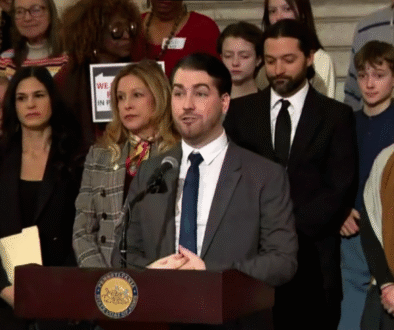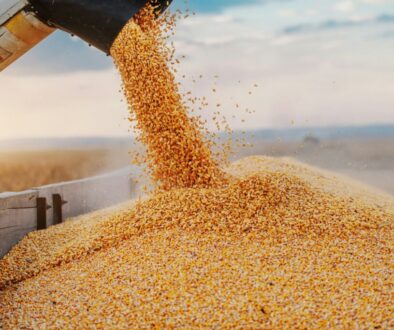Swampbuster stands: Federal judge dismisses Iowa challenge to wetlands protections
Listen to the audio version of this article (generated by AI).
A federal judge last week sided with environmental groups and US regulators in a dispute with an Iowa landowner over a Farm Bill provision that protects wetlands.
The move to uphold the “Swampbuster” rule marks a victory for family farmers, wetlands and water quality across the country, said environmental and sustainable agriculture groups that intervened in the case.
“This decision is an unequivocal victory for sustainable farming,” Dani Replogle, staff attorney for Food & Water Watch, one of the intervening groups, said in a statement. “The message is clear: we will not let fringe legal theories turn our wetlands into sacrifice zones for corporate landlords.”
The Swampbuster decision, filed May 29, comes as the US Environmental Protection Agency (EPA) works to redefine “waters of the United States” language in the Clean Water Act, a move with huge implications for the protection of remote wetlands and other waterways.
The Swampbuster rule stipulates that farmers cannot drain, fill or otherwise alter wetlands on their property if they want to remain eligible for crop insurance subsidies, farm loans and other federal benefits. The provision, introduced by Congress in 1985, protects about 78 million acres of wetlands across the country.
Wetlands are areas shallower than ponds and full of vegetation where the land is covered by water for either all or part of the year. In addition to offering important habitats for fish and birds, wetlands benefit farmers by improving water quality and providing flood protection.
The lawsuit challenging Swampbuster centered around a 71-acre parcel of Iowa land owned by Jim Conlan, the owner of the landholding company CTM Holdings LLC, which argued that nine acres on the property that the government considers wetlands are dry and separate from any water source.
The company and its supporting organizations argued in the lawsuit that the provision exceeds the federal government’s authority and violates farmers’ rights, amounting to a taking of private property without fair compensation.
This argument “simply does not fit,” wrote Chief Justice C.J. Williams in his opinion. “This context is peculiar, because plaintiff’s remedy under its Takings Clause argument would be compensation. But plaintiff is receiving compensation in the form of USDA benefits in return for not using its wetlands in a certain way.”
“Even if the conditions here were overly coercive, it would come to nothing,” he added, “because Swampbuster is not attempting to coerce plaintiff to relinquish a constitutional right in return for benefits.”
(Featured image by Joris van der Zalm on Unsplash.)




